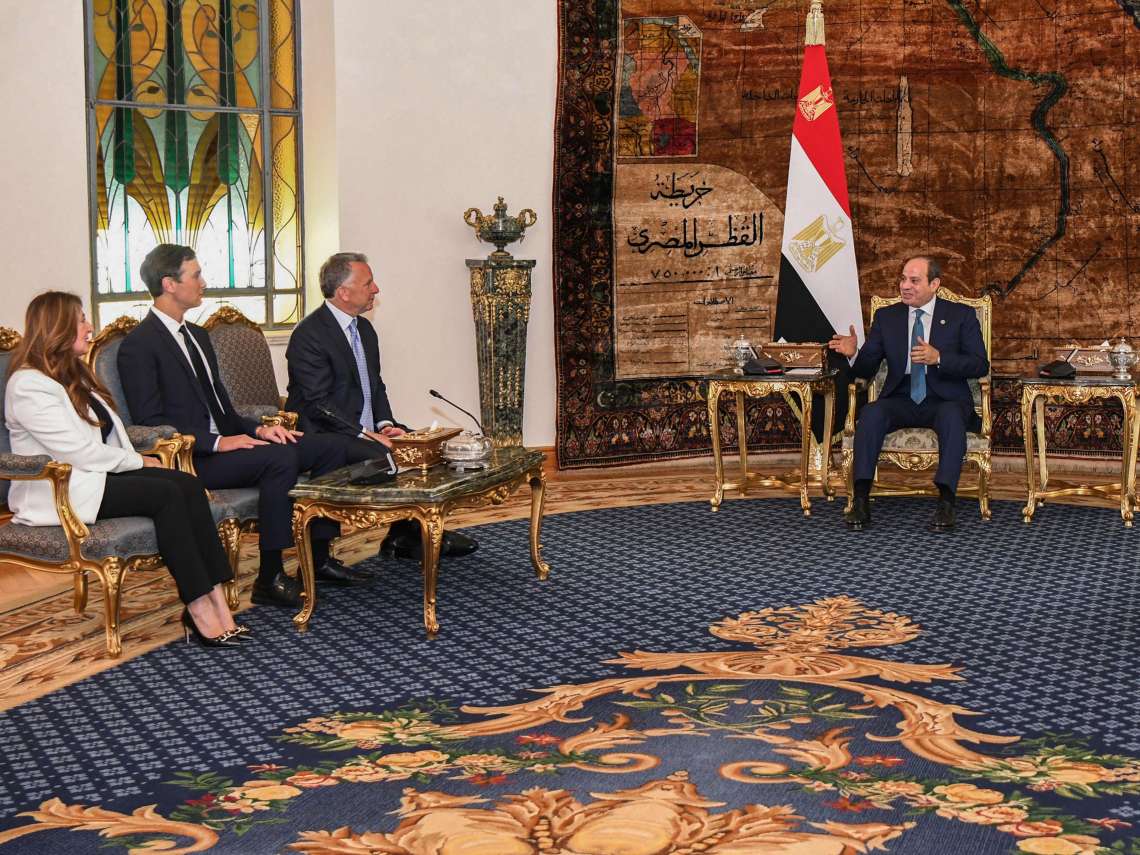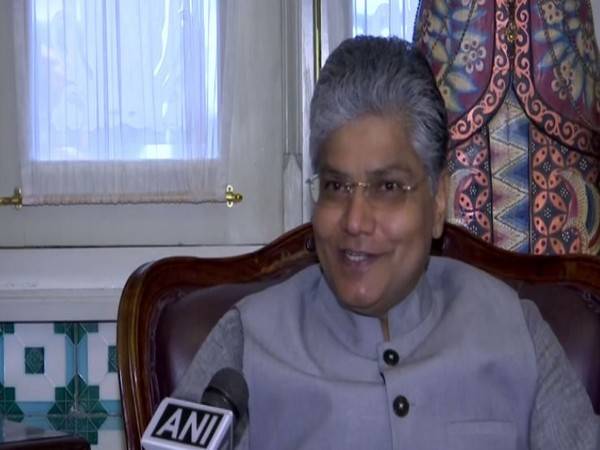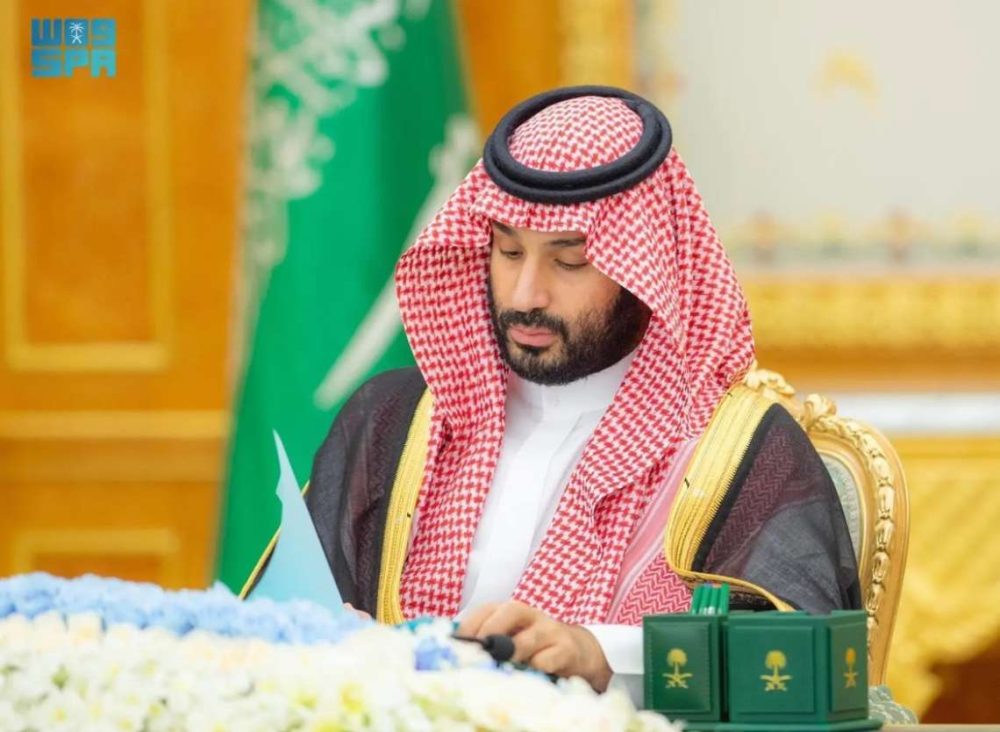Egypt seeks to boost economy with 2021-2022 budget… A special report by Marwa Yahya/Xinhua. The country is targeting a budget deficit of 6.6 percent in the fiscal year 2021-2022 and to cut public debts from 89.5 percent of GDP in June 2022 to less than 70 percent in the coming years.
Egyptian government aims at boosting and activating the economy in an accelerated manner by enforcing the 2021-2022 budget, local economic experts said.
The parliament on June 14 approved a 2.46 trillion Egyptian pound ($157 billion) budget for the financial year beginning on July 1.
The country is targeting a budget deficit of 6.6 percent in the fiscal year 2021-2022 and to cut public debts from 89.5 percent of GDP in June 2022 to less than 70 percent in the coming years.
“Tending to increase the state budget is a strategic approach that has been adopted by Egypt since the beginning of the economic reform program in 2016 for promoting the rise of the economy volume in a way that suits the economic aspirations of the government,” said Aly Mansour, professor of the economy in Cairo University.
Though the 2021-2022 fiscal year budget is “the largest in the country’s history,” it is not risky, Mansour told Xinhua.
He explained that the new budget seeks to revive the economy swiftly by targeting a 5.4 percent growth rate and maintaining a reasonable deficit of 6.6 percent.
Increasing the public expenditures in the new budget was also accompanied by raising the revenues amid the persistence of achieving an initial surplus that maintains the continuous reduction of the public debt compared to the GDP rate, he explained.
The economic expert said the government aims to stimulate the economy through increasing government investments and cash subsidy allocations, which would create more work fields for investors and provide purchasing power for income earners.
“That is an incentive for investors to further expand their activities,” he said.
He reiterated that the targeted growth rate of 5.4 percent is possible and matches the expectations of international institutions like the International Monetary Fund (IMF) which predicted 5.2 percent.
“Egypt in the past few years has achieved economic results higher than the IMF expectations thanks to the ongoing economic reform and the interaction between the private sector with the country’s provided incentives,” he noted.
In April, Egypt launched the second phase of its economic reform program that was initiated in 2016, targeting structural reforms in industry, agricultural, communication and information technology sectors.
Mohamed Attwah, dean of commerce faculty of Mansourah University, said the new budget works on four approaches: increasing investments for completing the infrastructure networks, boosting the social solidarity plans, raising the wages and reducing the domestic borrowing volume.
ALSO READ: Egypt reiterates support to UAE, Saudi on security
He said each one Egyptian pound in investment will lead to five pounds increase in income, noting that increasing the state budget is normal during periods of crisis because the government seeks investments to boost the private sector and increase the growth rates. However, the economic expert said the COVID-19 pandemic, either related to the virus continuity or mutation, poses challenges at the international level and for the economic decision-makers who seek to enhance social care protection when drafting the new budget.
The new socio-economic development plan 2021-2022 aims to inject greater investments into the sectors of education and health.
The new budget and socio-economic development plan were rejected by four political parties: the Egyptian Socialist Democratic Party, the Modern Egypt Party, the Tagammu Party and the Al-Adl (Justice) Party.
Sayed Abdel-Aal, president of Tagammu Party, warned against the continuous dependence on borrowing from abroad, demanding of putting a ceil for borrowing, and restructuring the wages.
According to the Central Bank of Egypt, Egypt’s foreign debt registered 129.195 billion U.S. dollars at the end of 2020, compared to 112.67 billion dollars at the end of December 2019. Enditem














